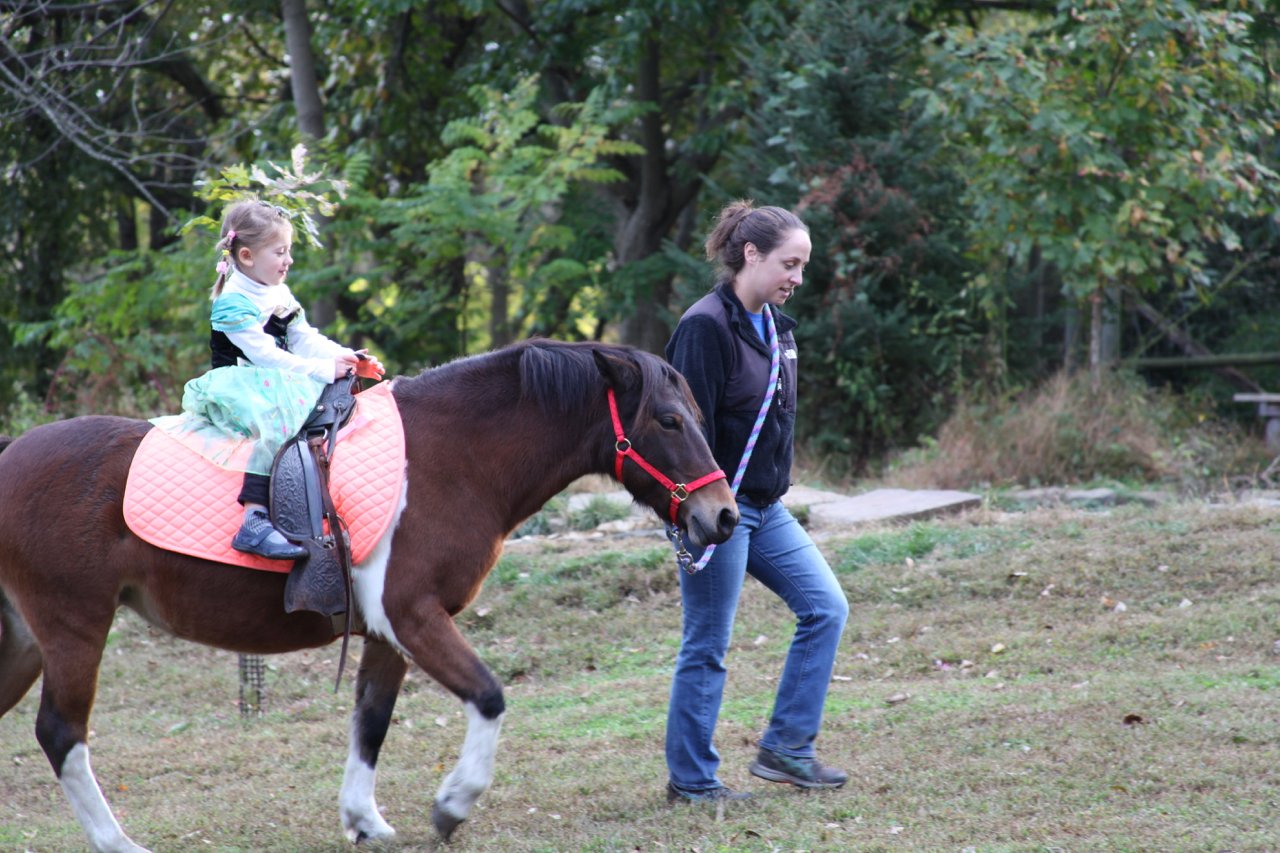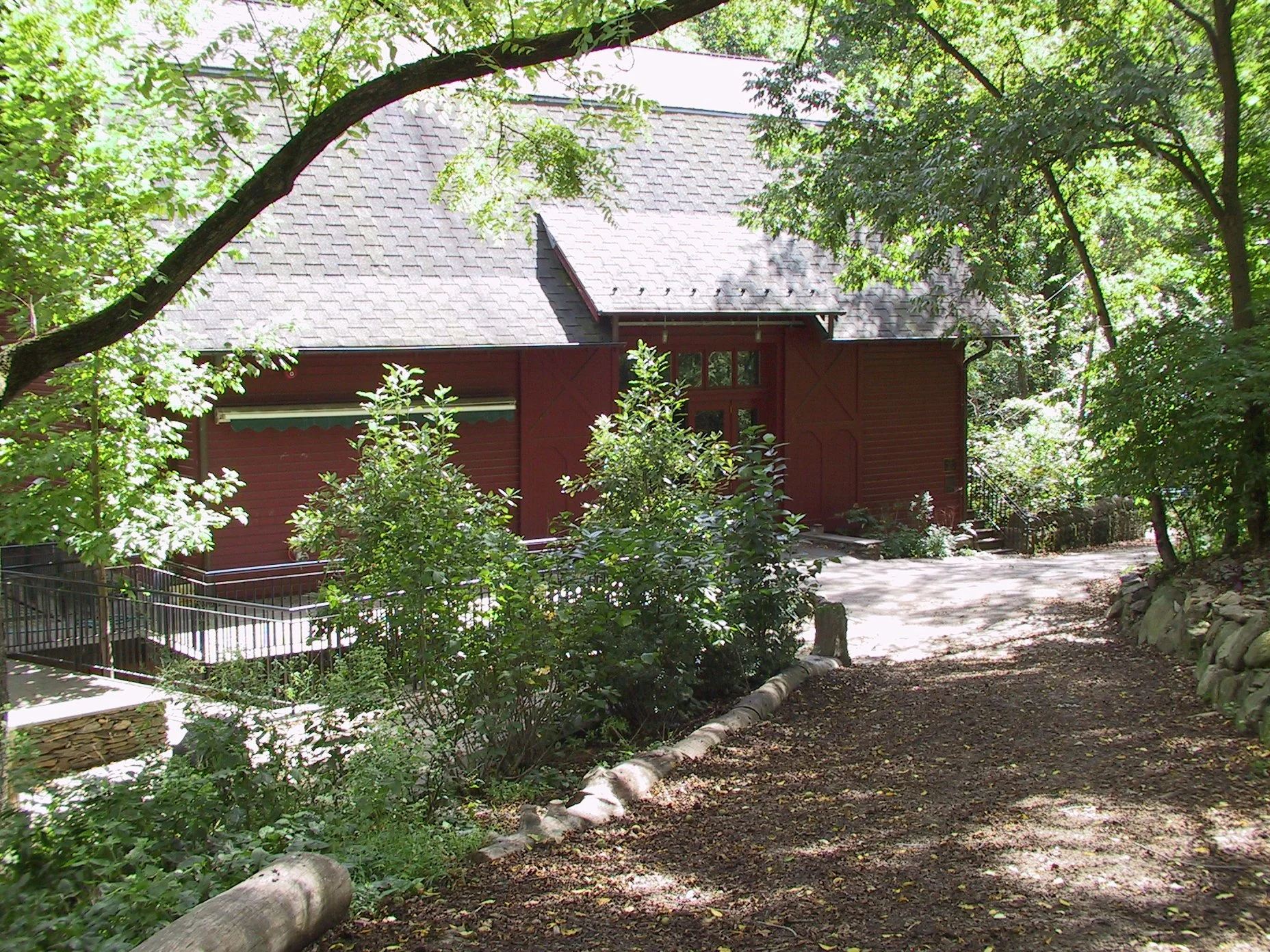Riverbend Environmental Education Center Celebrates Earth Day and Reopens Snider Barn and Aquaponics Greenhouse
/Riverbend Environmental Education Center is celebrating Earth Week with a Grand Reopening press-only event of their Aquaponics Greenhouse on Thursday, April 21st from 11:00am to Noon and a family focused event (open to the public) Earth Day Open House and Tree Planting on Saturday, April 23rd from 10:00am to Noon.
After a long hiatus due to the pandemic, Riverbend has reopened the Snider Barn and Aquaponics Greenhouse to grade school children. The greenhouse was shut down to reduce costs and save energy. Now, through a generous grant from Constellation (www.constellation.com) as part of their E2 Energy to Educate program, the greenhouse to is now in a fully operational state and better than ever.
To commemorate this exciting milestone and celebrate Earth Day, families are invited to join Riverbend at an Earth Day Open House and Tree Planting on Saturday, April 23rd starting at 10am. Registration is $25 per family to cover the costs of trees and staff time. The event is limited to 30 families.
Upon arrival, guests will walk from the parking lot up to the iconic Snider barn. The Snider barn is a 99-year-old Sears Roebuck Craftsmen barn situated on Riverbend’s beautiful 30-acre nature preserve in Gladwyne, PA. Guests will be greeted by Riverbend staff who will usher them into the barn where they can view and greet Riverbend’s Animal Ambassadors including snakes Flame and Cornelius, leopard geckos Spot and Smiley, treefrogs, Ron and Leslie, a collection of Madagascar hissing cockroaches, and Eastern box turtles, Fred and George. After visiting with the animals, guests can check out a display of interesting natural artifacts. A Riverbend educator will guide them through an exercise where guests describe what they “notice” and “wonder” about each artifact using the same techniques used in Riverbend’s education programs with local students.
Guests will then head through the barn to the newly updated and reopened Aquaponics Greenhouse for a brief tour and Q&A with Riverbend staff. Along the way, they can sample refreshments including basil lemonade made with basil grown in the greenhouse and other treats. Once the tour of the greenhouse is complete, guests can take an easy hike up the Valley View Trail to the tree planting area where they will meet Riverbend’s Habitat and Volunteer Manager. Guests will be shown how and where to plant a tree in celebration of Earth Day. Tools will be provided. Guests are asked to bring their own work gloves and water. Once they plant their tree, guests are welcome to explore the trails around Riverbend on their own before departing the preserve.
The first Earth Day in 1970 saw 20 million Americans join in rallies and marches around the U.S. (20 million people was 10% of the U.S. population at the time!) Today, Earth Day is marked globally by more than a billion people who recognize that our only home is worth celebrating. Earth Day is a special time when we reconnect and celebrate the wonder and beauty of the planet that we call home. What better way to give back, connect and be mindful of our impact than by planting trees in the soil that sustains us and enjoying the benefits that nature provides by spending time in nature at places like Riverbend.
“Riverbend teaches school students to investigate the phenomena that they observe around them and formulate solutions. The Aquaponics Greenhouse is a hands-on laboratory where students consider the intersection between the water we use and the food we grow. It's a space to investigate and learn.” says Riverbend Executive Director Erin Reilly. “Riverbend is inviting students to rethink the way we grow food and use water. When we give children the tools to identify solutions, addressing climate change feels less overwhelming and taking action becomes a catalyst for hope.
To reserve a spot for the Earth Day Open House and Treeplanting, visit https://riverbendeec.org/events/earth-day-tree-planting-2022
THE SNIDER BARN AND AQUAPONICS GREENHOUSE
The iconic 1923 Sears Roebuck Catalog barn building serves as the hub of Riverbend’s operations. Its public spaces host educational programs and include a small animal collection, a children’s library and restrooms. The barn will reopen in phases after the pandemic, with the first phase welcoming back school and scheduled groups starting this week. The barn will also be open to the public during select special events and tours, with additional reopening phase information for the public coming in the near future.
For the Aquaponics Greenhouse, Riverbend partners with schools and teachers to implement Aquaponics as an interactive educational platform to engage students in nature-based STEM learning. Built in 2015, the state-of-the-art 300 square foot aquaponics greenhouse located next to and adjacent to the Snider Barn is a living learning laboratory that advances Riverbend’s mission of environmental literacy.
This unique and very visual hands-on laboratory showcases aquaculture (raising fish in a controlled environment) and hydroponics (growing plants without soil) in one integrated system. The fish waste provides an organic food source for the plants, and the plants naturally filter the water for the fish. Another essential participant in the closed-loop system is bacteria that converts the ammonia from the fish waste into nitrates, a form of nitrogen that plants need to grow.
"The Aquaponics Greenhouse is a hands-on laboratory where students consider the intersection between the water we use and the food we grow," said Riverbend Executive Director Erin Reilly. "Riverbend teaches school students to investigate the phenomena that they observe around them and formulate solutions. The greenhouse is a space to investigate and learn together."
BENEFITS OF AQUAPONICS
Advantages to growing food by means of aquaponics include:
* Low water usage -- only 1/10 the volume required by soil-based gardening
* No harmful chemicals, fertilizers or pesticides are used
* It grows more food in less space than soil-based gardening
* It grows protein in the form of fish simultaneously with vegetables.
* Most systems are located at waist height, making planting and harvesting easier
Aquaponics is a sustainable, natural method of agriculture for the future. With an estimated human world population of more than 9 billion people by 2050, experts are predicting water and food scarcity will become more common, making aquaponics a relevant and timely topic to explore.
AQUAPONICS AND STEM LEARNING
“Riverbend is inviting students to rethink the way we grow food and use water," said Reilly. "When we give children the tools to identify solutions, addressing climate change feels less overwhelming and taking action becomes a catalyst for hope."
Implementing an integrated curriculum that enables teachers to investigate deeply in a single topic across multiple subject areas, aquaponics provides experiential learning opportunities that engage students in STEM topics, food systems, farming production and sustainability. It invites students to think critically about how community and societal goals can be met using agricultural practices such as aquaponics. Through this program, students will practice science skills in developing investigable questions, collecting and analyzing data and communicating science content.
Riverbend offers a comprehensive program that will provide teachers with all the tools they need to build their STEM classroom, bringing theoretical principles to life and enabling students to see for themselves the real impact of sustainable systems on the environment. Students learn first-hand how the nitrogen cycle works and investigate the natural systems that rely on this process. They will be able to apply what they learn about bacteria to many other areas of study; they will explore where food comes from and how current food systems impact the environment. They will also recognize how water conservation is crucial in smaller communities and globally.
SPRING AT RIVERBEND
Riverbend’s 30-acre preserve in Gladwyne, PA is an oasis of green surrounded by a bustling, densely populated suburban community not far from Philadelphia.
Located at the very end of Spring Mill Road, Riverbend's site is a multi-faceted gem. The preserve is named for the bend in the Schuylkill River which defines the preserve's farthest border. Welcoming visitors near the entrance is a lovely tributary known as Saw Mill Run, a creek that entices young explorers and provides a refreshing respite during the hot summer months. Dotting Saw Mill Run is metamorphosed schist, consisting of gneiss stones and boulders. Steep topography throughout Riverbend add to the site’s beauty. Its diverse habitat includes meadow, woodland and ponds inviting a wide range of nature study and exploration.
Open to the public daily from dawn to dusk, Riverbend welcomes visitors to walk the trails and explore the grounds. For a self-directed tour, visitors may wish to download an interactive pdf of Riverbend's trail map on their website, found here:
https://riverbendeec.org/uploads/attachments/ckdrw76r374z7yh8y0sod8u9d-rb-trailmap-08102020.pdf
For guided programming, contact Riverbend at 610-527-3367.
Snider Barn
The iconic 1923 Sears Roebuck Catalog barn building serves as the hub of Riverbend’s operations. Its public spaces host educational programs and include a small animal collection, a children’s library and restrooms.
Aquaponics Greenhouse
An addition to the Snider Barn in 2015, this educational lab supports nature-based STEM and sustainable agiculture programs.
Charles Lieberman Outdoor Classroom
A popular destination for education programs and community events, the area features tiered seating and a covered outdoor learning area overlooking the Alec Williamson Bird Observation Area.
Nick & Dee Adams Pavilion
Set near the top of Riverbend's 30-acre preserve, the 400-square-foot pavilion features scenic views and eco-friendly elements including solar panels, a composting toilet and a surrounding native plant garden. The pavilion provides valuable program space where Riverbend campers and school children fill water bottles and have a sheltered space for activities, protected from weather elements. New learning opportunities and an enhanced visitor experience, including pavilion use for family and signature events are other benefits.
Stone Story Circle
This area features large native boulders set into the hillside surrounding a large fire pit and views of the valley.
Farmhouse
Built between the Revolutionary War and Civil War, this original tenant cottage features a renovated first floor dedicated to programmatic use.
Woodland Restoration
How can we ensure the native SE PA animal species have the food and shelter they evolved to depend on? We can restore the area's native habitat. Over many years, Riverbend's preserve was degraded by white-tailed deer feasting on plant habitat. This encouraged a blanket of exotic species to proliferate. In late 2008, Riverbend installed a deer exclosure fence and began to carry out an extensive woodland restoration project using TreeVitalize funding and hundreds of volunteers each year. Since 2008, more than 5,000 native species have been planted on Riverbend's site. A Riparian Forest Buffer Zone adjacent to Saw Mill Run is the focus of the ecological watershed restoration efforts. The buffer helps Riverbend reduce erosion and pollution in respect to the stream; it improves the ecology of the site and provides a demonstration area to explore successful integrated pest management strategies in a controlled location. Each year Riverbend selects a new area of the property that is dominated by invasive vines to be replaced by native trees and shrubs as well as herbaceous plants.
Alec Williamson Bird Observation Area
Tucked into an area near the Snider Barn, the Alec Williamson Bird Observation Area is a garden-like sanctuary of more than 120 native trees, shrubs and herbaceous plants and a pond. It was designed to provide ample food, shelter and water for birds. With meandering trails and logs for resting, it is nice spot for bird watching and quiet reflection. For school and camp education programs, it is a popular hub of activity. Did you know Riverbend is a birding hot spot, with 107 species reported to date on e-bird? This is four times the number reported prior to Riverbend's habitat restoration efforts!
American Chestnut Grove
Established in 2016, guided by the American Chestnut Foundation, Riverbend plays an active role in the restoration of the American chestnut tree. The American chestnut (Castanea dentate) is a large, monecious deciduous tree of the beech family. It is native to eastern North America and was once considered by many to be the most important species in the forests of the Eastern United States. In the early 1900s, a fungal blight caused the rapid, widespread destruction of an estimated four billion American chestnut trees. By 1940, most mature American chestnut trees had been wiped out. The main approach to restoration is introducing genes for resistance to the fungus. This is accomplished by crossbreeding and backcrossing American chestnuts with the resistant Chinese species (Castenea mollissima) to produce a tree that is 15/16ths American. Through this method, the American Chestnut Foundation has created what is known as the restoration chestnut tree (B3F3). Growing new trees from the seeds of specimens that survived the epidemic is another element of the restoration process, important because it keeps the genetic stock of native trees alive for future research. Both blight-resistant American chestnut trees and restoration chestnut trees have been planted on site.
Summer Camp
Riverbend is an ideal destination for summer camp and on school holidays. Riverbend campers experience the best of outdoor play and learning. Hiking, exploration of animal habitats, games, science experiments, crafts and more await your nature enthusiast. Riverbend’s highly qualified educators are ready to share their passion and knowledge as they guide children through a fun-filled adventure. Inside every Riverbend camper is a future nature hero!
ABOUT RIVERBEND:
Riverbend Environmental Education Center is a 501-c3 non-profit that teaches environmental principles to children in Southeastern Pennsylvania by connecting them with nature at our 30-acre Gladwyne nature preserve reserve and in their schools. We inspire respect for our natural world and action as aware, responsible, and caring citizens.
Visit riverbendeec.org to learn more about their mission and check out social platforms at Facebook: riverbendeec; Instagram: @riverbendeec; Twitter: riverbendenviro


























